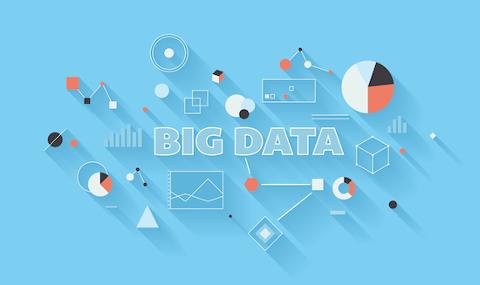Upload Your ResumeEmployers want candidates like you. Upload your resume. Show them you're awesome.
How I Became a Data Scientist: Advice and Tricks
What’s the best advice I would give a budding data scientist? Not everyone has the time or the inclination to get a Ph.D. (and doing so full time or part time is a lengthy endeavor). But there is a big demand for the profession right now, with an estimated shortage of as many as 190,000 data scientists, which is unlikely to get filled anytime soon by the people already enrolled in Ph.D. or undergraduate programs. Check out the latest data science jobs. There are a lot of master’s courses in related subjects—data science, predictive analytics, machine learning or statistics—that can give you relevant qualifications to enter the field; a master’s program takes one or two years in the U.S., so there’s likely to still be demand for that particular skill set when you graduate. Another option is one of the many data science boot camps available in the larger cities (check out this website for a relatively up-to-date list); these range from free (but highly competitive) to $16,000, which is a lot of money, but still cheaper than most master’s courses and a much faster route. Some companies (including those that run a few of the aforementioned boot camps) are also training “Big Data” engineers now, if that route appeals. Before you apply for a training program, however, I would look at the company’s success rate: See how many “graduates” ended up hired into relevant positions, and at what sort of companies. Also, based on my own experience, I would try to do some networking in your area; go to data-science and Big Data meetups, which are great places to learn about the field; get to know some data scientists who can alert you to job openings. We hired one of our other data scientists after meeting him at a meetup. Given the present shortage of data scientists, a lot of companies are looking for people without specific experience but who have an aptitude and interest in data science; often these candidates are sourced from within an organization. While working as a Web developer, I approached my former boss with a list of data-science projects I could do that would benefit their business, and was allowed to work on those projects in place of my regular tasks. Getting some relevant experience in your current position looks good in a job interview, and it forces you to think about how to apply data science in a corporate setting, which is very important. I was actually offered a role as a quantitative analyst at that company as a result of the data science work I did there, which I turned down for my current position. If you can show your current employer how data science can benefit their business by building some functional prototypes, they may create a position for you. However, you need to first acquire the appropriate skill set. There is an abundance of free Massive Open Online Courses (MOOCs) on Coursera, Udacity, EdX, Stanford Online and so on; that’s a great way to get started learning about this stuff on your own. Simon Hughes is the chief data scientist of the Dice Data Science Team.
Image: Sergey Nivens/Shutterstock.com



